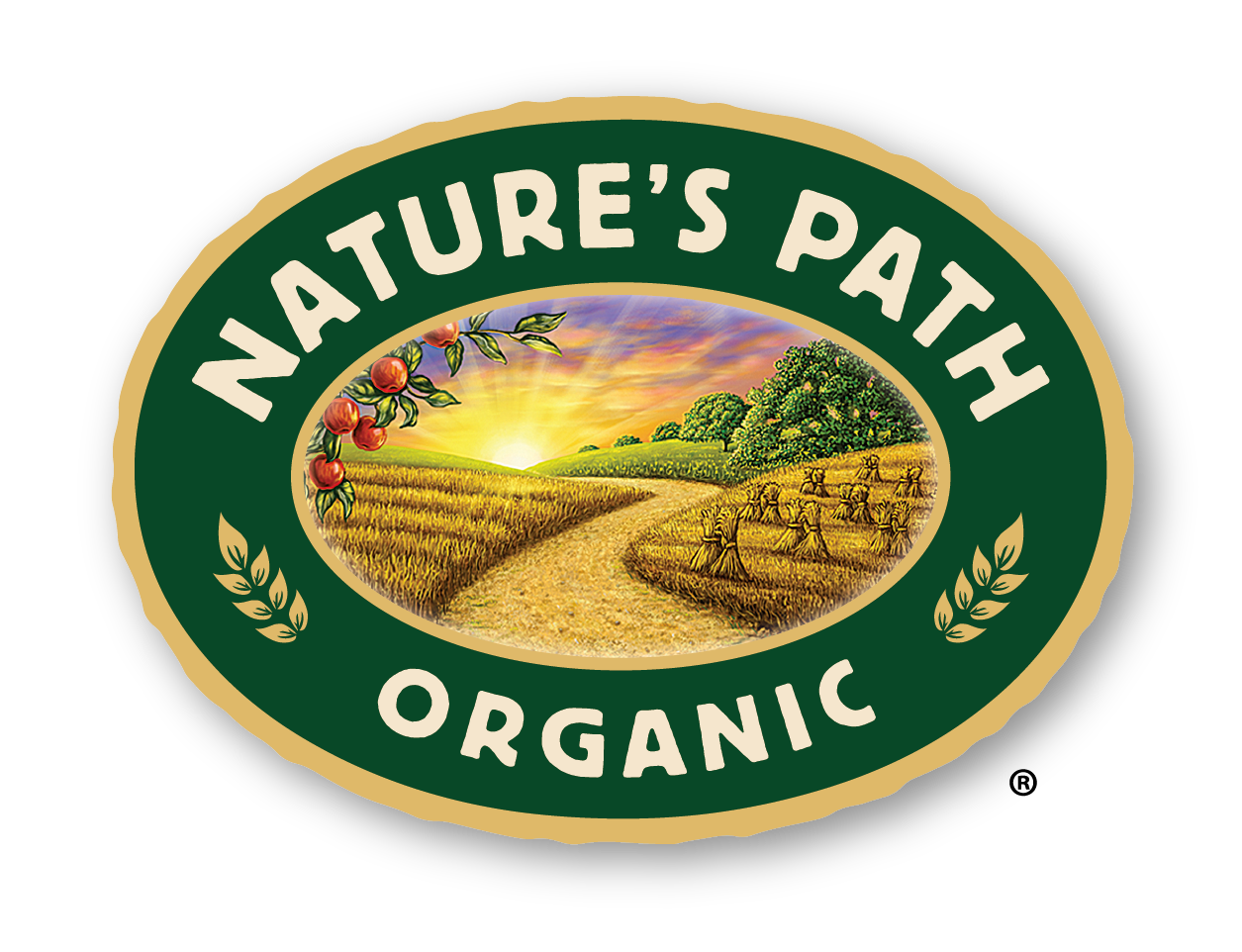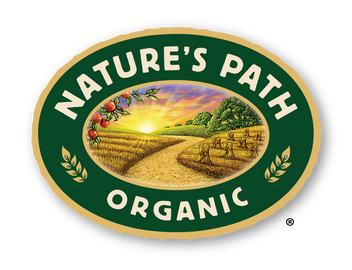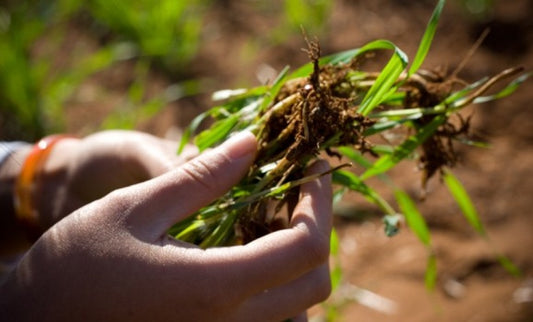Concerns about agriculture’s negative impact on the environment and its substantial role in climate change have driven many people to turn to vegetarian and vegan diets. Fruits and vegetables use considerably less water and fuel to produce, saving natural resources and creating fewer greenhouse gas emissions. Plants also take up a fraction of the land livestock does.
EarthSave says it takes “2,500 gallons of water, 12 pounds of grain, 35 pounds of topsoil and the energy equivalent of one gallon of gasoline to produce one pound of feedlot beef.” That is a lot of resources that could be allocated more efficiently. According to
Popular Science Magazine, to grow 100 calories of beef, potatoes, and broccoli, it takes 1000, 38, and 10 liters of water, respectively. For a detailed discussion about the environmental impact of raising livestock and the benefits of a plant-based diet, read this from
Global Issues, with commentary from some of the most reliable sources in the industry. Aside from saving resources and cutting down pollution, a
plant-based diet can also reduce the likelihood of cancer, heart disease, high blood pressure, and diabetes. It is anti-inflammatory, and high in fiber and digestive enzymes. And it is easier to grow at home!
Grow your own
When you tell somebody you don’t eat meat, the first thing they ask is, ‘How do you get your protein?’ Well, meat is not the only source! Many vegetables are high in protein, and by eating a varied diet, you will get more than enough for your body to function and grow properly. On average, men need 56 grams a day, and women need 46 grams a day.
Here are six high-protein plants that are easy to grow:
Dry Beans – 1 cup (most types) = 16g, except soybeans, which have 29g per cup. Beans are low in fat and high in fiber. Plant after your last frost. They are cold sensitive, and need a long hot season to mature.
Peas – 1 cup = 8g. Peas are high in fiber and vitamin C. They are a cool weather crop for spring and fall planting.
Sunflower seeds – 1/4 cup = 6 g. Sunflower seeds provide fat in a meatless diet. There are many edible varieties for the garden now.
Kale – 1 cup = 2.9g. Kale is an excellent source of calcium, vitamins C and K, and lots of minerals. Planted in the spring, it will produce all summer, and get sweeter after a frost in the fall.
Broccoli – 1 cup = 2.5g. Broccoli is a great source of vitamin C and fiber. It is a cool weather crop for spring and fall planting.
Spinach – 1 cup = 1g. Spinach is loaded with vitamins and minerals, and is high in fiber. Plant in early spring and late summer for fall harvest. It loves cool weather, and bolts in the heat.
If you want to be adventurous in the garden, try these other high protein vegetables:
- Quinoa
- Corn
- Peanuts
- Asparagus
- Brussel Sprouts
- Cauliflower
Here are some high protein fruits to try, depending on where you live:
- Apricots
- Blackberries
- Raspberries
- Peaches
- Cantaloupe
- Avocados
- Raisins (grapes)
- Prunes (plums)
You might already be growing some of these plants! If not, add a few to your garden plan each year. Be sure to make extra space for the
perennial crops and fruit trees. You will be the hit at a
Meatless Monday potluck!








